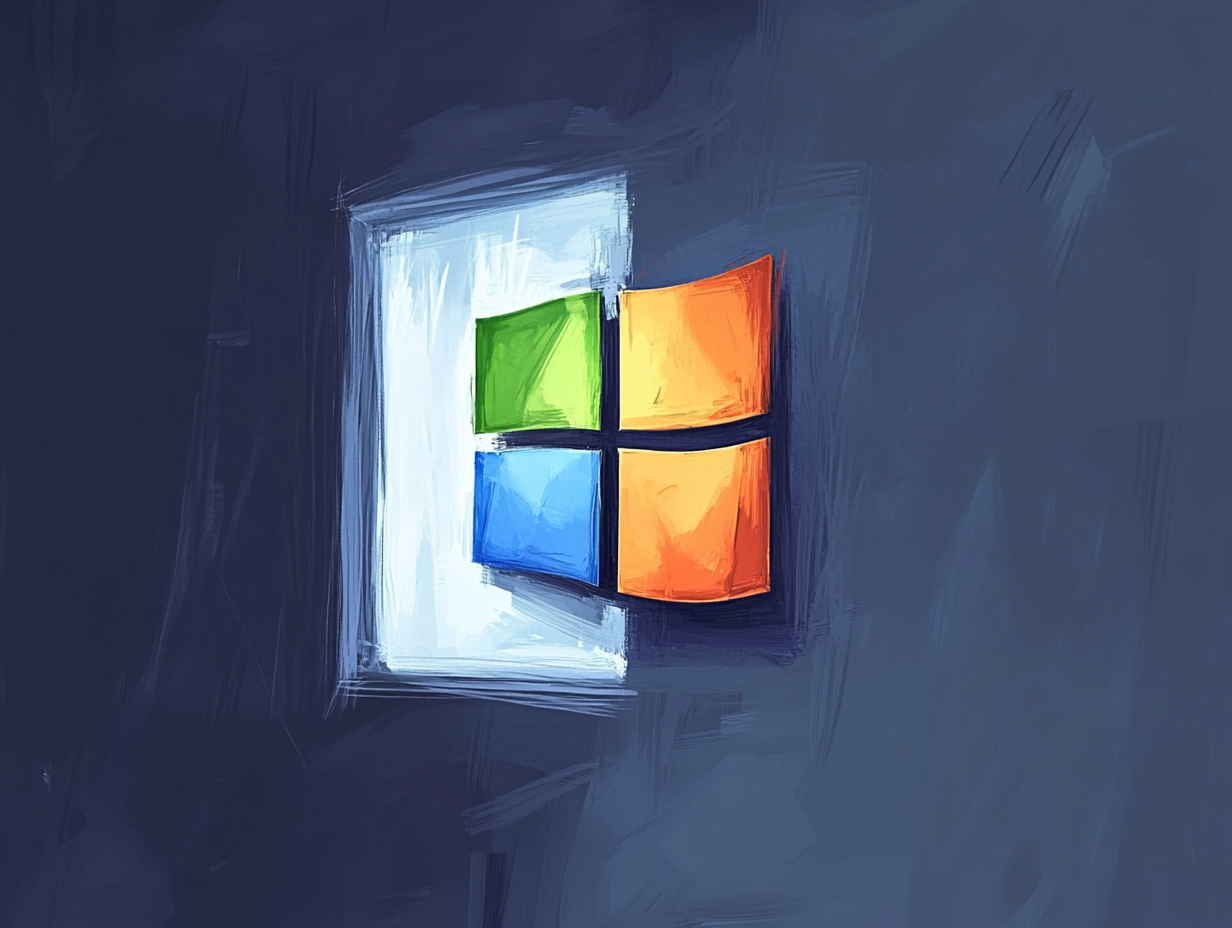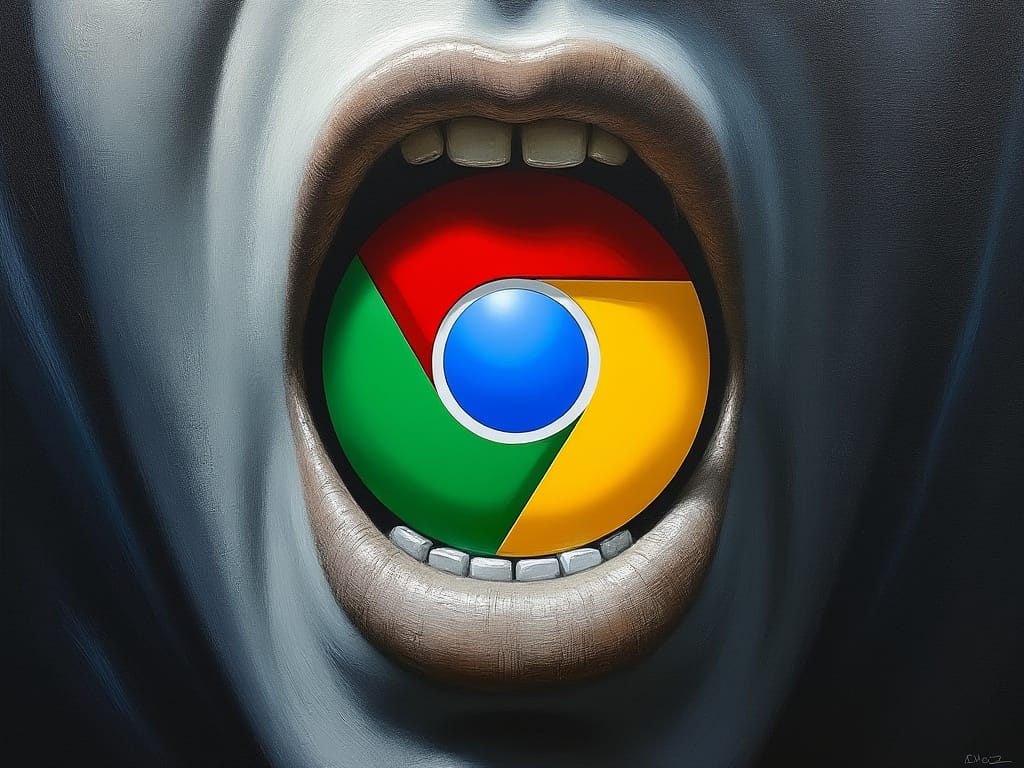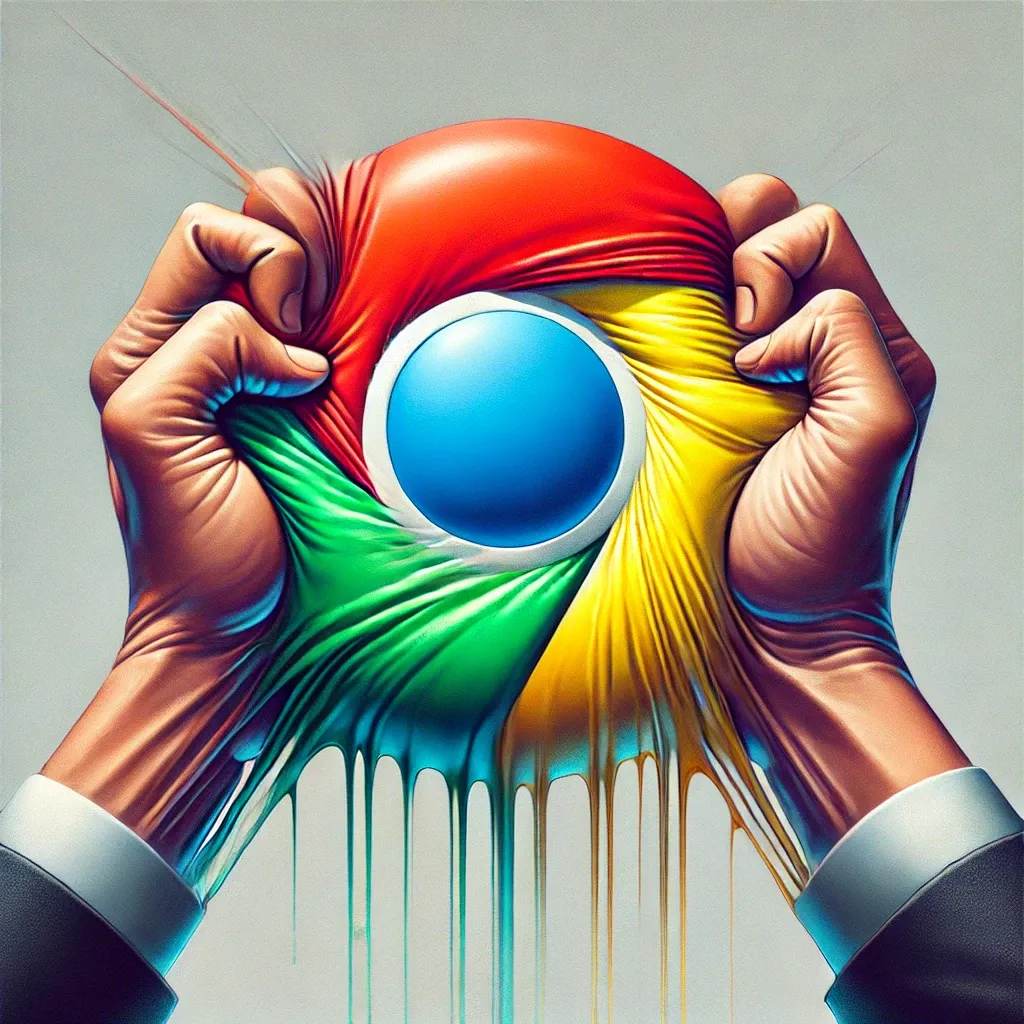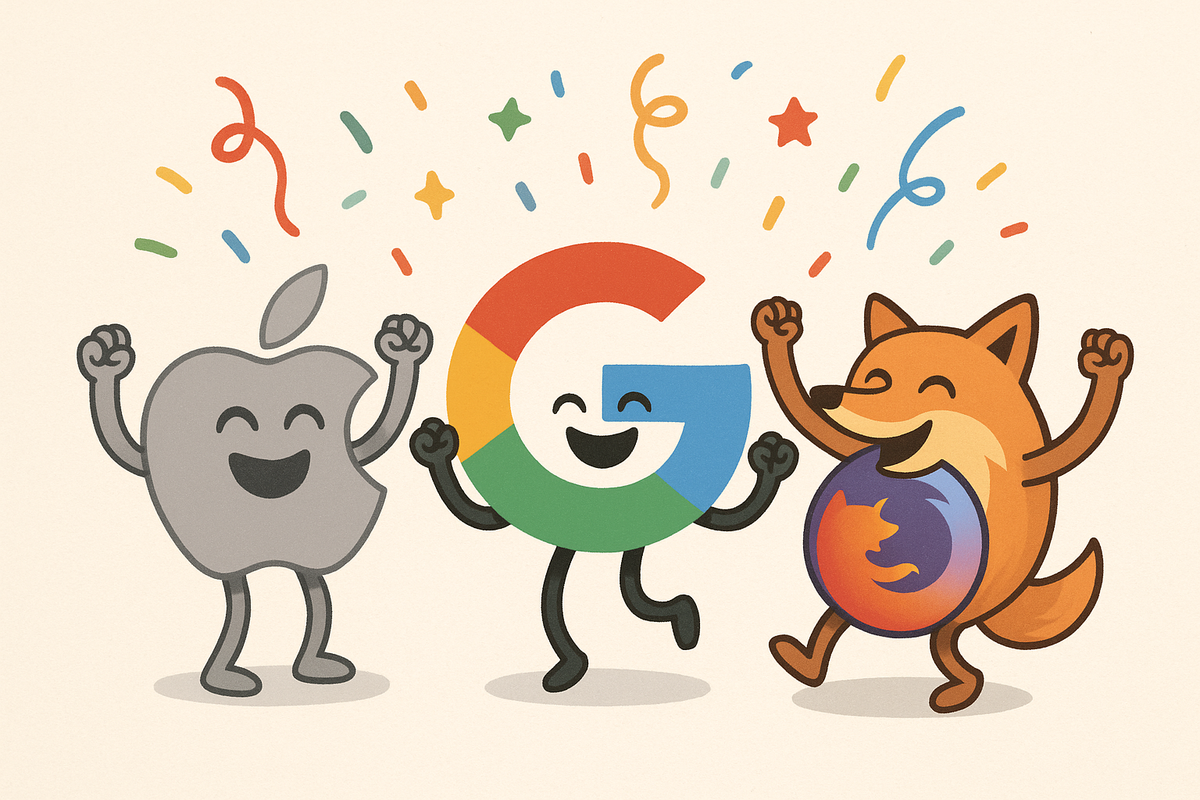Let's Not Pass 'Go' Just Yet...

This is, of course, a big deal. But at least for now, it's a bigger deal in what it symbolizes rather than what it's going to change. This feels like the culmination of years of building "techlash" – first by non-"Big Tech" companies and increasingly by the government (and governments around the world). Sure, there are pockets of end users, in particular those who feel tech platforms marginalize them or muffle their voices, but for the most part, people seem to still love these companies and products. So it's a sort of weird dichotomy.
In terms of timing, while most parallels to Microsoft's antitrust case 25 years ago don't make a ton of sense here – that's a longer post (update: here!) – the structure of this all feels like it could play out similarly. The ruling against Microsoft came down in April 2000 (after a "finding of fact" in November 1999). The proposed remedy actually came pretty quickly: in June 2000, with the judge saying that Microsoft should be split into two companies, one for operating systems and one for other software.
That, of course, never happened. The appeals were immediate, as they will be here. In July 2001, a Circuit Court overturned the ruling, but on a technicality (the judge talking to the media). It upheld the findings of fact about the monopoly but the demand the company be broken up as the remedy was effectively over. A few months later, Microsoft settled. But even that settlement wasn't finalized until 2004, after various challenges by individual states.
So that's just over four years from the ruling to the actual case being over after the appeals and settlement. Obviously this case won't play out the exact same way – presumably the judge was on media lockdown this time! – but still, the timeline is likely to be years. Unless Google finds a way to settle earlier, in a way they determine won't destroy their business. The likelihood of that won't be clear until we get the proposed remedies.
The ones being thrown out there today range from break-ups/split-ups of various Google properties (selling Chrome, splitting off Android, etc), to far more nuanced tweaks to the business. This opinion today in Bloomberg Law by antitrust economist Tessie LiJu Su feels the most correct right now, at least directionally:
Enjoining Google from the alleged bundling and revenue sharing practices is probably the best remedy. Android phone makers will no longer be required to use Google Search as default on their devices in order to license its intellectual property. Nor will they or Apple be induced by financial gains when Google’s revenue sharing stops. This approach will open up distribution to rival search engines.
This would effectively be telling Google to put their mouth where their money currently is – i.e. backing up the notion that their search product is the best without paying to place it everywhere.
The Apple element of this is arguably just as interesting as the Google element, because as everyone is well aware by now, a massive percentage of Apple's now-all-important Services business – not to mention overall profit – is their search deal with Google. To the tune of $20B+ a year.
While Su suggest the revenue sharing would stop, I imagine it would just change. No more paying for default placement in lump sums and instead perhaps paying out a share for actual usage. The argument here might be that this would still give Google too much power because they could afford to pay more than anyone else, but an equalized market rate would incentivize product over payment.
Regardless, the Occam's razor read of such a remedy suggests a situation that would perhaps not change all that much. Because it wouldn't dictate that Android phone makers or Apple make another search engine the default, it would likely instead lead to more pop-ups asking people to explicitly make a choice. And Google would still have a huge market advantage there, simply thanks to brand awareness, if nothing else. And if companies were allowed to bid on placement in such a screen, the effect would likely be even more muted.
The next paragraph by Su though seems like more of a stretch:
The device manufacturers would be free to design their own products. They would balance the competition in the mobile device market with the potential stream of search and revenue they are now in a position to generate. If consumers desire choice screens they would provide them. However, they are more likely to offer their own search engines as default.
Sure, they would be free to do so, but would they? This would seem to really undersell just how hard it is to build a search engine. Maybe AI helps change that equation a bit, but it's not something that's going to change overnight or even in the time horizon we're talking about with these remedies, I suspect. Maybe it entices Apple to finally buy Bing? But would they even be allowed to?! That would seemingly put them in a bad bundling bucket eventually!
And so if we instead assume some sort of "choice screen", it may hurt Apple more than Google because of the end of the default payment. Again, I sill envision some sort of revenue share for search, but it would perhaps be less massive and certainly more lumpy. And yes, Mozilla might be in more trouble than they already are as well in such a world because the revenue would be less constant and predictable, and possibly just less.
Anyway, those are some quick thoughts.1 Mainly, I go back to the notion that this is a far bigger deal optically right now than anything else. The knives have long been out for "Big Tech" and this is their biggest puncture wound yet (as opposed to the EU, which often seems to be stabbing with spoons while blindfolded). And this certainly doesn't portend well for all the other outstanding cases against Big Tech.2
Update August 7, 2024: The promised longer thoughts about what actually disrupted Microsoft -- hint: not the Justice Department...

Update October 9, 2024: And here's the opening framework indicating how the DoJ may propose remedies...

Update November 2024: And the big remedy ask is Chrome...


Update September 2, 2025: And the remedies are now in, and they're largely as expected – including no action on Chrome...

1 Here's where I'll note that while I was technically a Google employee for the past decade-plus, being a partner at the venture arm kept us pretty far removed from such big company matters. Still, these opinions are my own, of course.
2 That includes the other case against Google for the ad business, though the judge's comments here on that business may actually help Google in that case.






